Descrição
Introdução
O Pig Detector Não Intrusivo serve como uma ferramenta indispensável para rastrear e gerenciar operações de pigging em tubulações de petróleo, gás ou água. Ele foi projetado para fixação descomplicada na parte externa de uma tubulação, eliminando a necessidade de métodos de instalação intrusivos. Este detector triunfa sobre os modelos anteriores ao abordar e superar problemas como mau funcionamento mecânico, falta de proteção contra explosão, imprecisões na detecção de suínos e distúrbios eletrônicos que podem levar a detecções falsas ou perdidas. Oferecendo versatilidade, pode ser facilmente montado e desmontado, tornando-o adaptável a diversos requisitos de tubulações.
Composição do Produto
The Non-intrusive Pig Detector is a crucial component of an explosion-proof remote transmission display system, designated as Exd IICT6 Gb. Este sistema, também conhecido como TZS, incorpora uma tela LCD com função de aquecimento, capacidade de registrar tempos de passagem, armazenar até 99 entradas em sua memória e realizar transmissão remota de dados. The Non-intrusive Pig Detector is rated with a protection level of IP65.
Este dispositivo utiliza um mecanismo de carregamento de cartão destacável, um fio de conexão e uma haste de extensão, que normalmente é usada para tubulações enterradas. Um componente chave adicional do detector não intrusivo de suínos é seu mecanismo de detecção, conhecido como YY-FCT.
No centro do Detector Não Intrusivo de Porcos está seu intrincado mecanismo de detecção. Este sistema é composto por vários circuitos interconectados, incluindo um circuito de relutância direcional, um circuito amplificador balanceado, um circuito de filtro passa-baixa e um circuito de disparo. Além disso, integra uma CPU, um circuito de comutação remota correspondente, um circuito de exibição e um circuito de reinicialização.
Quanto à fiação, a interface do Detector Não Intrusivo de Pig está localizada à direita da tela e geralmente envolve quatro fios. Os fios preto e vermelho funcionam como cabos de alimentação, compatíveis com uma fonte de alimentação de 6-24 V DC (com o fio vermelho como positivo e o fio preto como negativo). Esses fios permitem a alternância entre os modos de alimentação interna e externa. Os dois fios restantes são portas para cabos de sinal remoto, com o fio branco atuando como terminal comum e o fio amarelo designado como normalmente aberto. (Ao testar em estado aberto com um multímetro, os cabos de sinal padrão conectam-se apenas aos terminais normal e comum.) As dimensões da interface de alimentação e da interface de transmissão remota são M20*1,5 ou 1/2NPT, e a interface do conector de conversão é um conector interno 3/4NPTF.
Descrição da Função
Este dispositivo Pig Detector não intrusivo possui três botões de controle: o botão de seleção, o botão de ajuste e o botão de confirmação, que são utilizados para gerenciar quatro funções principais: a função de detecção, função de consulta, função de redefinição e função de ajuste de tempo.
- Função de Detecção: Esta funcionalidade do Detector Não Intrusivo de Suínos tem como objetivo verificar a normalidade do fornecimento da bateria e a adequação do limite às condições locais. Apesar de ser predefinido e testado na fábrica, o dispositivo inclui esta função para garantir um monitoramento preciso devido a ambientes de uso díspares. A ativação da luz da função de detecção envolve um único toque no botão de seleção (o pressionamento contínuo percorrerá as quatro luzes de função e um toque extra desligará a luz, fazendo a transição do dispositivo para o estado de monitoramento de pig). Pressionar o botão de confirmação inicia posteriormente a entrada automática no estado de detecção, onde o tubo digital exibe o limite e os valores definidos. Sair da função de detecção envolve pressionar novamente o botão de confirmação, enquanto pressionar o botão de seleção desliga a luz de função, levando o dispositivo de volta ao estado de monitoramento de pig. Se uma luz de função estiver acesa e permanecer apagada pelo botão de seleção, o sistema apagará a luz de função de forma autônoma e reverterá para o estado de monitoramento de pig após 3 segundos de inatividade.
- Função de consulta: O detector de porcos não intrusivo permite selecionar a função de consulta pressionando repetidamente o botão de seleção. Pressionar o botão de confirmação exibe a taxa de aprovação armazenada no tubo digital. A subsequent press on the confirmation button prompts a query for the last pig passing time (if no record is available, the digital tube will stay blank). Use the adjustment button to select the pass time to query. Sair da função de consulta envolve pressionar o botão de ajuste até que a contagem exibida seja zero. Then, you can select other functions to revert to the monitoring state with the selection button, or allow it to automatically enter the monitoring state after 3 seconds.
- Função de redefinição: O Pig Detector não intrusivo registra automaticamente cada tempo de passagem, até 99 ocorrências. Ele reinicia automaticamente após gravar 99 vezes. Para gravação confiável e consulta eficaz, recomenda-se a reinicialização manual. Para ativar a função de reinicialização, pressione o botão de seleção e, em seguida, pressione o botão de confirmação e o dispositivo sairá automaticamente após o tubo digital mostrar 00. Todos os registros internos serão apagados neste ponto.
Função de ajuste de tempo: Se houver necessidade de verificar ou ajustar a hora no dispositivo não intrusivo Pig Detector, pressione o botão de seleção para selecionar a função de ajuste de tempo. Pressionar o botão de confirmação ativa o modo de ajuste da hora, fazendo com que os dígitos das horas pisquem. Use o botão de ajuste para modificar as horas (apenas aumenta, reinicia para 0 após 24 horas) e, se a exibição das horas estiver precisa, pressione o botão de confirmação para passar para o ajuste dos minutos, onde os dígitos dos minutos piscarão. Modifique os minutos usando o botão de ajuste (só aumenta, volta a 0 após 60). Pressione o botão de confirmação para concluir o modo de ajuste da hora e o dispositivo salvará autonomamente a hora definida.
Independentemente da função em uso, se nenhum botão for pressionado por 3 segundos, o Detector Não Intrusivo de Suínos sairá automaticamente de todas as funções e entrará no estado de monitoramento de suínos.
Definir parâmetros do dispositivo (evitar ajustes aleatórios)
Aguarde até que todas as luzes do dispositivo Pig Detector não intrusivo estejam apagadas e pressione o botão “selecionar”. A luz de “detecção” acenderá e pressione o botão “confirmar”. O valor que aparece representa o valor inicial de detecção do campo magnético, e o valor que aparece a seguir é o valor definido de alarme do dispositivo (a faixa inicial definida do valor definido de alarme do dispositivo é uma configuração de ciclo “0-240”; valores mais baixos implicam maior sensibilidade de resposta, mas um aumento correspondente na taxa de falsos alarmes. Valores mais altos denotam menos sensibilidade, mas melhor capacidade anti-interferência). A configuração de fábrica foi configurada com base nas especificações da tubulação e no tamanho do ímã, portanto evite fazer ajustes aleatórios. Se precisar ajustar: pressione rapidamente o botão de ajuste continuamente (cada pressão 4 vezes aumenta o valor em um nível) e defina o valor do alarme do dispositivo para um determinado valor (o valor muda em 20 a cada vez, após atingir 240 ele reinicia para 0 e continua a mudar em 20 a cada vez). Após definir o valor do alarme do dispositivo para o valor predeterminado, pressione o botão “confirmar” para concluir a operação.
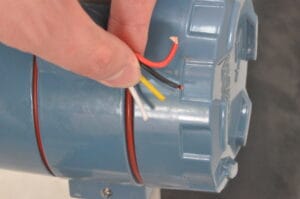
Resumo
Concluindo, o Pig Detector Não-intrusivo representa um avanço significativo na tecnologia de gerenciamento de dutos. Sua robustez, precisão e interface amigável, juntamente com a capacidade de armazenar dados extensos, tornam-no uma ferramenta indispensável para operações de petróleo, gás ou dutos de água. Além disso, seu design não intrusivo garante fácil instalação e desmontagem, oferecendo adaptabilidade a diversos requisitos de tubulações. Este dispositivo não só aborda os desafios colocados pelos modelos anteriores, mas também fornece funcionalidades adicionais que melhoram a eficiência operacional e a segurança. Portanto, é a solução ideal para quem busca otimizar suas operações de pigging e aprimorar o gerenciamento de dutos.

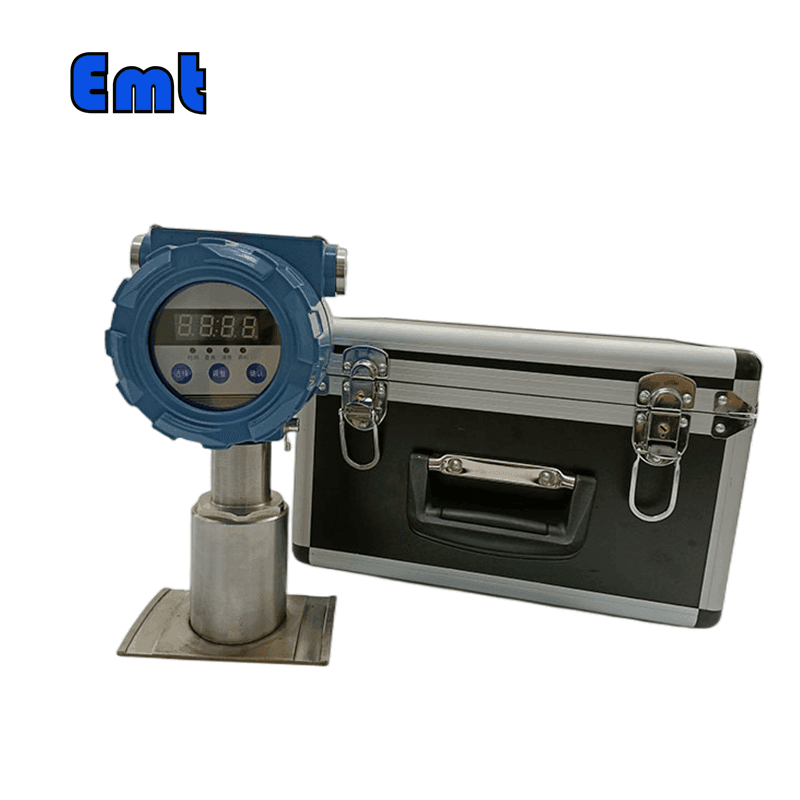
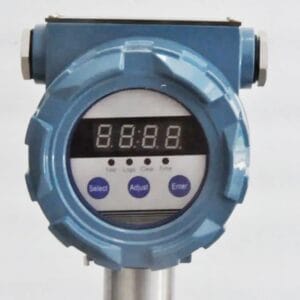
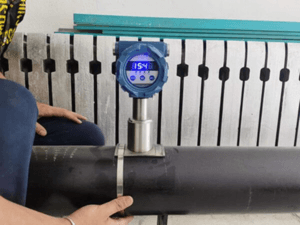
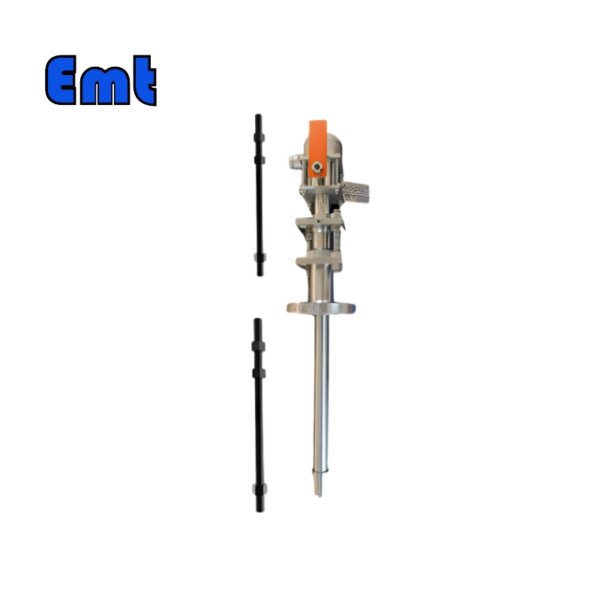
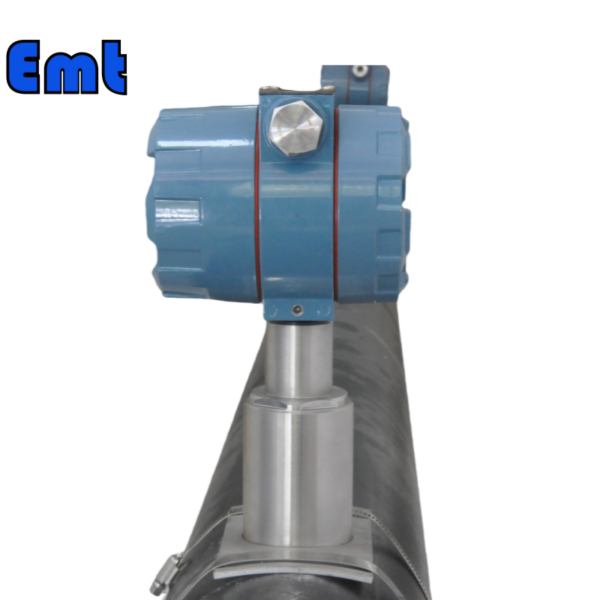
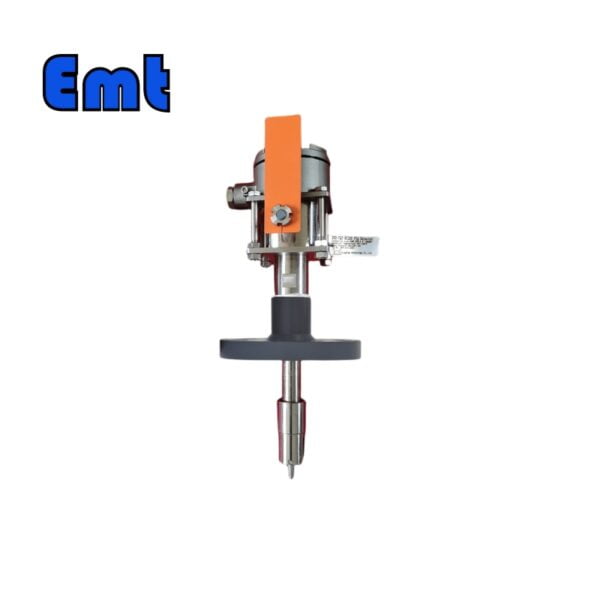
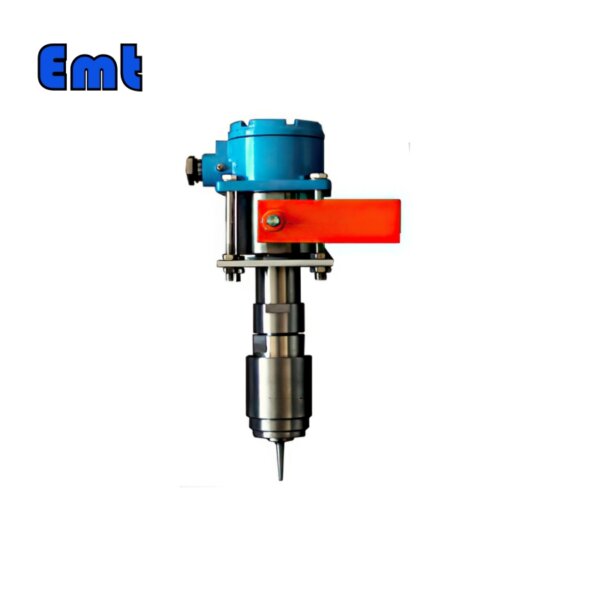
Avaliações
Não há comentários ainda.